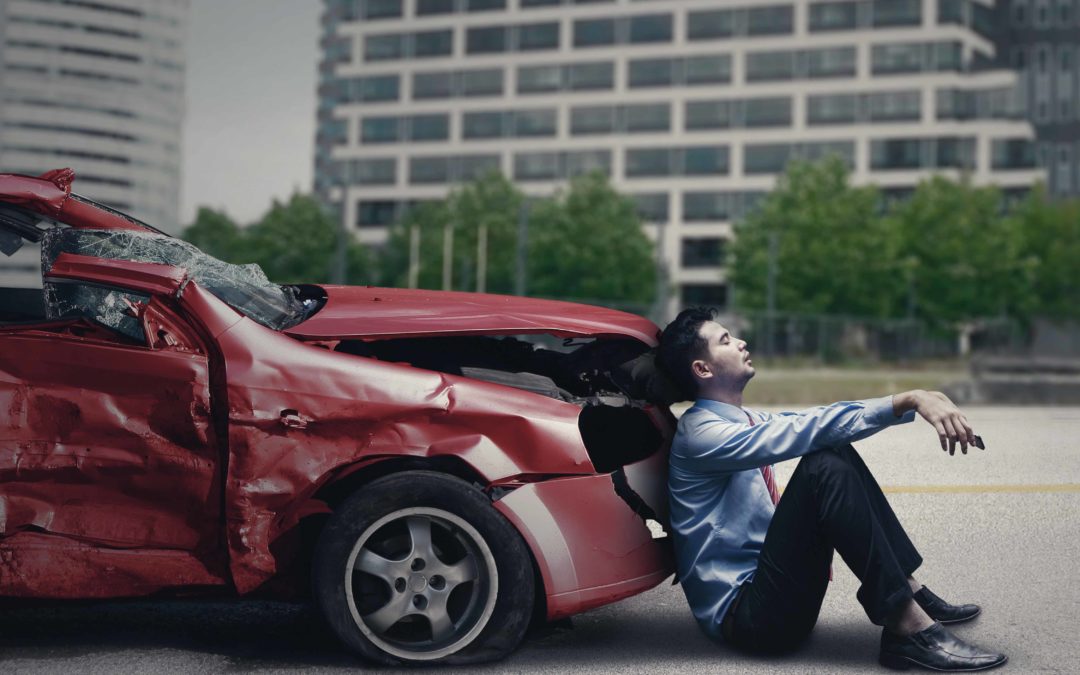What to Do if You’re in an Accident with Someone Who is Uninsured or Underinsured Motorist in Florida
Car accidents are an unfortunate and costly occurrence that will happen to most people in their lives. Thankfully insurance (either yours or the other driver’s) pays for much of the cost associated with the event, such as medical costs and car repairs. But what if the other driver doesn’t have insurance? Or you’re the victim of a hit and run with no way of obtaining insurance information? Don’t worry, the Armour Law Group in Lake Nona can assist you in getting the situation resolved.
Some Quick Tips
Always call the police, even in a minor accident and regardless of if the person claims to have insurance or not. If the driver does not have insurance, the police report will help you to get your expenses covered.
Be sure to take plenty of pictures. Having photographic evidence of the damage done to your car and the other driver’s car, the other driver’s license plate, traffic signs, and other details about the accident will make the claims process much easier. Also, be sure to gather details about the accident like the make and model of the other driver’s car, responding officer’s badge number, and time and location of the accident.
Insist on swapping information, even if the other driver does not have insurance. Having their contact information and vehicle details, as well as the contact information of any witnesses to the accident, can be of major benefit during the claims process.
Never accept money at the time of the accident. Someone without insurance who has been in an accident is potentially facing major fines and fees as a result. They may try to give you money right away in order to avoid this, but do not accept. You have no idea what the cost of the damages or your own injuries may be.
Your Own Insurance Can Help
But only if you have the proper coverage. Many companies offer Uninsured/Underinsured Motorist Coverage (UM/UIM), which protects you if you’ve been in an accident with someone who is liable for your injuries and who has no car insurance or whose bodily injury liability coverage is not sufficient to compensate you for your injuries. Florida does not require drivers to buy UM/UIM coverage but that doesn’t mean you shouldn’t. UM/UIM coverage cannot exceed the amount of your bodily injury liability coverage, so if you’ve got $50,000 of liability coverage you cannot exceed $50,000 in UM/UIM coverage. An additional option in Florida is to purchase UM/UIM coverage stacking. Using the same coverage example as before, if you have $50,000 in UM/UIM and have 2 vehicles on your policy and select the stacking option, this will provide you with $100,000 in UM/UIM coverage ($50,000 x 2 vehicles).
Purchasing UM/UIM coverage is a wise decision for anyone who can afford it, as Florida has the second highest rate of uninsured or underinsured motorists on its roads. This, when combined with an accident rate that is among the highest in the nation, makes UM/UIM coverage essential for Florida drivers.
Florida is also a no-fault state which means your insurance will pay for some or all of the medical bills and lost earnings regardless of who was at fault for the accident. So, whether the other motorist has insurance or not you’ll need to reach out to your insurance company to file the claim.
Can You Sue?
Since Florida is a no-fault state, you may be limited in your recovery options in filing a lawsuit against the at-fault driver as your own automobile insurance will be responsible for your injuries and damages for the minimum of $10,000 in required personal injury protection benefits regardless of who is at fault. You can always file a lawsuit for economic damages, such as medical bills or lost wages, you incur that are not covered by your personal injury benefits, but you still may be limited in recovering non-economic damages. In order to recover non-economic damages, you must prove that your injuries meet one of the following no-fault thresholds:
- Significant and permanent loss of an important bodily function.
- Permanent injury within a reasonable degree of medical probability, other than scarring or disfigurement.
- Significant and permanent scarring or disfigurement.
- Death.
The most important thing to do after you’ve been in an accident with someone who is uninsured or underinsured is to reach out to your insurance company and find out if you have any coverage that applies to the situation. If you do not have adequate coverage or if you’ve suffered serious injuries as a result of the accident that won’t be covered, speaking with one of our attorneys at The Armour Law Group may be the best next step.


Recent Comments